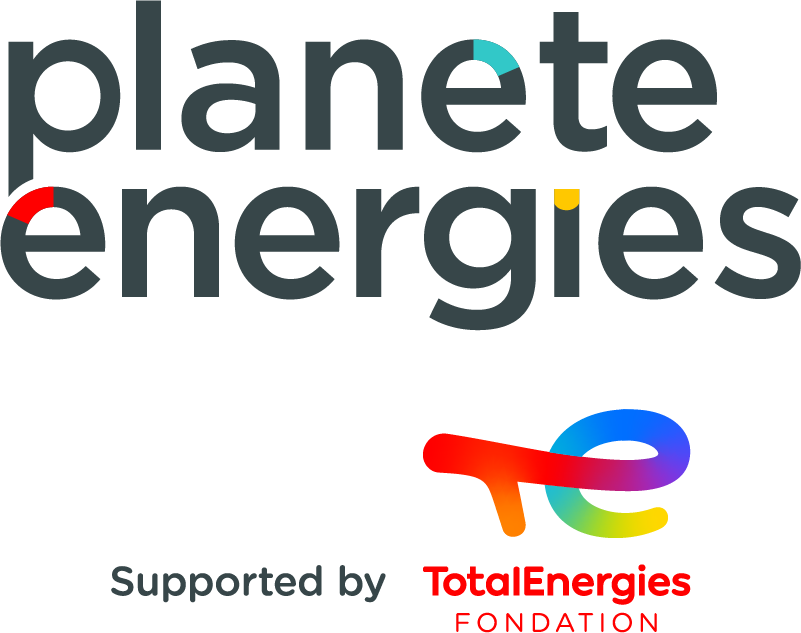Glossary - Letter M
Majors
Word sometimes used to describe the leading international oil companies.
Mechanical Energy
Sum of the potential energy and kinetic energy of an object or system. Potential energy is the energy stored in an object due to its position; kinetic energy is produced by an object’s motion. Mechanical energy therefore entails movement. For example, it rotates a wind turbine's blades and drives a combustion engine's pistons.
Mercaptan (Thiol)
Sulfur analogue of alcohol, in which sulfur takes the place of oxygen in the hydroxyl group of an alcohol. Mercaptans are present in small amounts in crude oil. They are corrosive and pungent smelling, and therefore need to be removed. This is done using a process called sweetening, which involves washing with sodium hydroxide (caustic soda).
Methanation
A complex natural process in which microorganisms break down biodegradable organic matter in an oxygen-free environment. Used in industrial processes, methanation produces biogas (which can be used as a fuel after processing) and digestate, a solid residue. Also called anaerobic digestion.
Methane (CH4)
The main component of natural gas deposits and oil deposit gas caps. Methane is produced naturally by landfills, rice cultivation and cow flatulence. This gas, which occurs in very small amounts in the atmosphere, plays a significant role in worsening the greenhouse effect: its capacity to absorb infrared radiation is 20 to 50 times higher than that of CO2. However, its lifetime in the atmosphere is only 10 years, compared to thousands of years for CO2.
Methanol
Methanol or methyl alcohol is the simplest alcohol, with a chemical formula of CH3-OH. It is used in the production of methyl tert-butyl ether (MTBE), a gasoline additive, to make biodiesel and as a solvent, antifreeze and feedstock for certain plastics. A byproduct in earlier times of the destructive distillation of wood, hence its old name "wood alcohol," methanol is now synthesized from natural gas.
Migration (Hydrocarbons)
The stage in oil formation when the hydrocarbons are gradually expelled from the source rock and rise to the surface. Migration speed depends on the type of hydrocarbons and the properties of the rock it is passing through — porosity, permeability, continuity, etc.
Mixed Oxide (MOX) Fuel
Nuclear fuel manufactured from spent reactor fuel. It consists 93% of depleted uranium (UO2, a byproduct of uranium enrichment) and 7% plutonium (PuO2, a byproduct of spent fuel reprocessing). MOX fuel can be used to recycle some nuclear waste, but is extremely expensive to produce.
Molecule
A group of two or more atoms, from the simplest of combinations (dihydrogen, dioxygen, dinitrogen, etc.) to macromolecules that can contain several thousand atoms. The molecule of a compound is the smallest quantity of matter that shares the compound's properties.
Monomer
A molecule that has the ability to bind itself to other molecules to form a larger molecule. The word oligomer describes a molecular complex that consists of a few monomer units, while a polymer consists of a nearly unlimited number of monomers.







